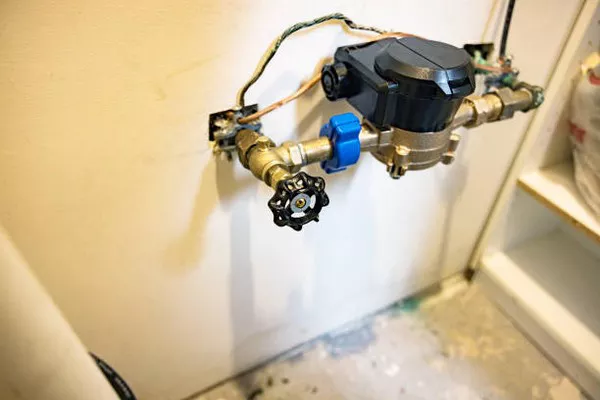In industries where precise measurement and control of fluid flow are paramount, the deployment of accurate and efficient flow meters is indispensable. Flow meters play a crucial role in various sectors, including manufacturing, chemical processing, water management, and more. This article delves into the different types of flow meters, highlighting their working principles, applications, and advantages.
Differential Pressure Flow Meters:
Differential pressure flow meters are among the most widely used in industrial applications. They operate on the principle of creating a pressure drop across a constriction in the flow path. The most common type is the Orifice Plate, where the pressure difference across a thin plate is measured to calculate the flow rate. Other variations include Venturi Tubes and Flow Nozzles, each offering unique advantages depending on the specific requirements of the application.
Positive Displacement Flow Meters:
Positive displacement flow meters operate by capturing and quantifying discrete volumes of fluid as it passes through the meter. Common types include Piston, Oval Gear, and Nutating Disc meters. These meters are known for their accuracy, particularly in low flow conditions. However, their moving parts can be susceptible to wear and may require regular maintenance.
Turbine Flow Meters:
Turbine flow meters are based on the principle of a freely rotating turbine placed in the path of the flowing fluid. The speed of the turbine is directly proportional to the fluid velocity, allowing for accurate measurement. These meters find applications in measuring clean, low-viscosity liquids and are widely used in the petroleum industry for measuring fuel flow.
Electromagnetic Flow Meters:
Electromagnetic flow meters, also known as magmeters, exploit Faraday’s law of electromagnetic induction. These meters consist of a conductive fluid passing through a magnetic field, generating a voltage proportional to the fluid velocity. They are suitable for measuring the flow of conductive liquids, such as water and various chemicals. Electromagnetic flow meters offer advantages like high accuracy, low maintenance, and resistance to corrosion.
Ultrasonic Flow Meters:
Ultrasonic flow meters utilize ultrasonic waves to measure the velocity of the fluid. There are two main types: Doppler and Transit-Time. Doppler flow meters measure the frequency shift caused by particles or bubbles in the fluid, while Transit-Time meters measure the time it takes for ultrasonic signals to travel with and against the flow. Ultrasonic flow meters are non-intrusive and are commonly used in applications where minimal pressure drop is critical.
Vortex Shedding Flow Meters:
Vortex shedding flow meters operate on the principle of generating vortices as fluid passes by a bluff body placed in the flow stream. The frequency of these vortices is directly proportional to the fluid velocity, allowing for accurate flow measurement. These meters are suitable for measuring both gases and liquids and find applications in industries like petrochemicals, water treatment, and HVAC systems.
Coriolis Mass Flow Meters:
Coriolis mass flow meters rely on the Coriolis effect, where the inertia of a fluid mass is measured as it is subjected to a vibrating tube. The resulting phase shift is directly proportional to the mass flow rate. Coriolis meters are known for their high accuracy, particularly in measuring mass flow rates. They are used in industries requiring precise measurements of liquids and gases, such as pharmaceuticals, food and beverage, and chemical processing.
See Also How Does A Digital Barometer Work? A Comprehensive Overview
Conclusion:
In conclusion, the diverse world of flow meters offers a wide array of options to cater to the specific needs of different industries. The selection of the right flow meter depends on factors such as the type of fluid, flow range, accuracy requirements, and environmental conditions. Engineers and industry professionals must carefully evaluate these factors to choose the most suitable flow meter for their applications, ensuring optimal performance and reliable measurements. As technology continues to advance, the field of flow metering will likely witness further innovations, enhancing efficiency and precision across various industrial sectors.

